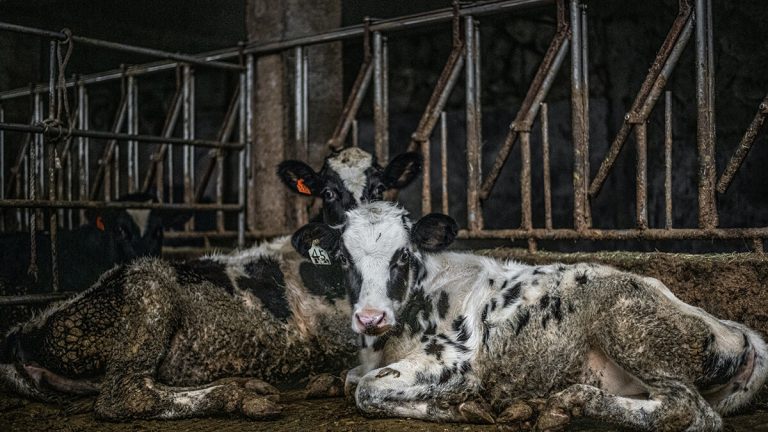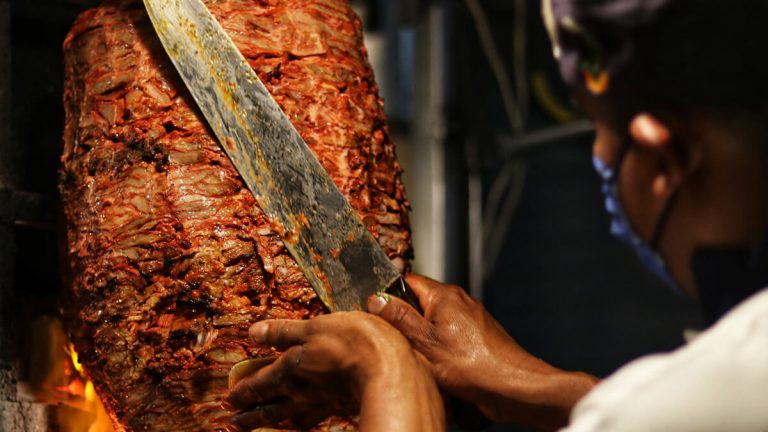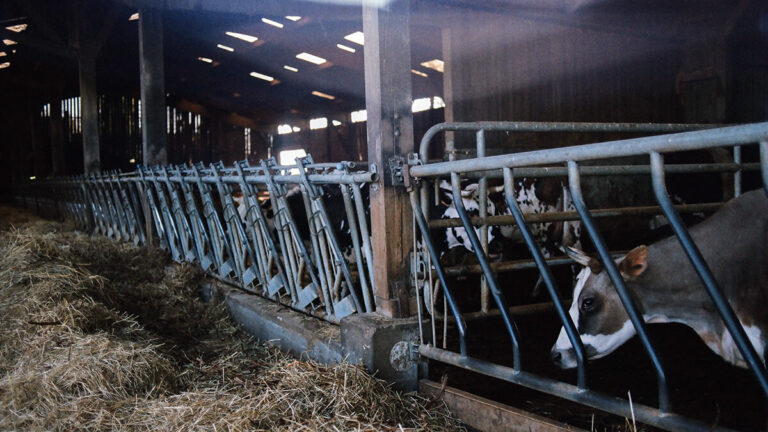The 26th United Nations Climate Change Conference, known as COP26, was happening in Glasgow, Scotland, 31. Oct – 12. Nov 2021. The purpose of COP26 was to discuss global warming, define the main contributors, and find a solution to end it as quickly as possible.
Did you know that just like human beings, animals also experience stress in one way or another and usually because of different reasons? Scientists have conducted numerous types of research on the effect of pre-slaughter stress on animals. However, this has proved difficult over the years because the stress occurs on the subject, in this case, the animal. How then can we define animal stress? This is the animal’s behavior resulting from a situation or an environment that is not normal.
Come to think of it, it’s quite interesting to imagine how animals feel when they know they will be slaughtered. Do they understand death or not? If you are a keen observer or have worked with animals, you might have noticed that animals place themselves in situations that would cause their death. For this reason, they seem not to understand what death is, unlike you and me. Of course, they do have fears. One of the things animals fears the most is being slaughtered. I mean, who wouldn’t fear death. Apart from affecting the animal, slaughter stress has an impact on the meat quality. Dive in with me as we look at the effects of slaughter stress on meat quality and why you should evade consuming meat from an animal subjected to slaughter stress.
Man discovered meat and thought, “Nothing can go amiss.” Right? Wrong. Let’s take a look at why people are beefing over beef. Spanning from saturated fat contents to carcinogenic effects, red meat is slowly losing its popularity. There are many repercussions of expanding the meat industry. For now, we will look at the meat environmental impact brought about by this never-ending menace.
Happy cow faces on milk products or the traditional way of milking a single cow by hand, are misguiding us from facts. Companies are investing a lot in their marketing that has been misleading their consumers for a while. Especially in the meat industry.
Due to the mass industry of meat and milk, and other different products found in the supermarkets, marketing departments have ripped off the bond between the food origins and us – the consumers.



